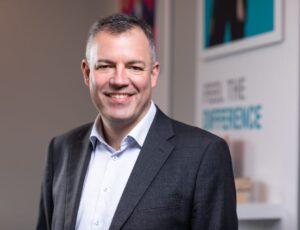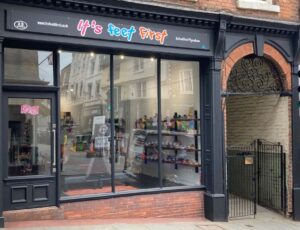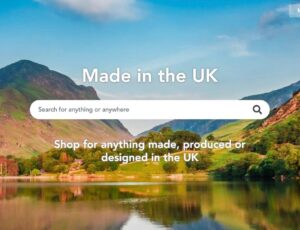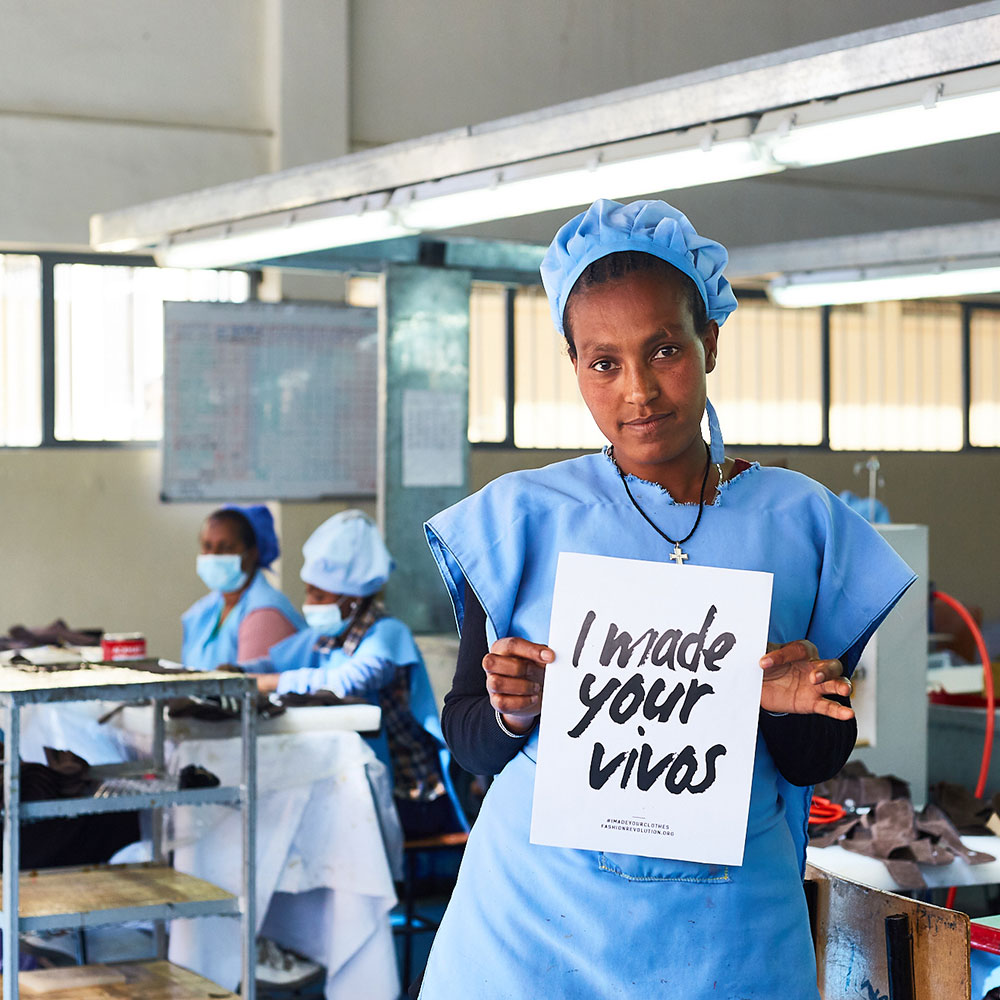
Global barefoot footwear company Vivobarefoot has been awarded B Corp certification but declares this is only the start of its journey to become a wholly regenerative business.
The London-based brand, which offers footwear for men, women and children, was given a score of 98.8 by Certified B Corporation. This puts it alongside brands such as Veja (84.2), Allbirds (89.4) and TOMS (96.3).
B Corp certification guarantees that a business is measuring its environmental and social impact, with B Corps committing to transparency by publishing their score online.
Vivobarefoot’s kids’ collection includes the Active, School, Everyday and Mini Me ranges as well as a vegan collection.
Many brands see B Corp status as the ultimate end goal. However, Vivobarefoot’s wider regenerative mission means it will use this certification to help show that there is a better way for businesses to operate. As a result it is demanding change amongst the footwear industry, which produces 25bn pairs of shoes a year; 90% of which end up in landfill, often within 12 months of purchase.
Vivobarefoot is leading the way in this area with the recent launch of ReVivo, the world’s first footwear re-commerce site. ReVivo allows returned shoes to be reconditioned and put on sale at a lower price point. This helps to prevent the shoes from going to landfill.
Commenting is Vivobarefoot co-founder and CEO, Galahad Clark. “Our industry is full of corporate greenwashing and needs to be radically redefined.
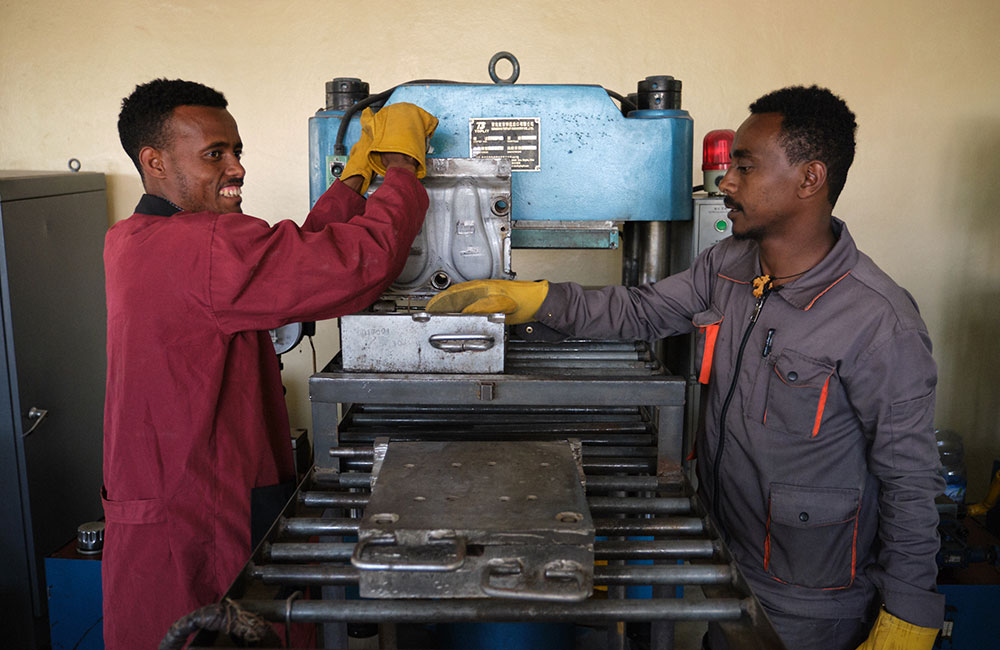
“Footwear brands across the world are too focused on unrealistic profit lines and doing what they think is as little harm as possible at the same time. We believe there is a better way to operate a business. Making more ‘sustainable’ shoes out of more ‘sustainable’ materials to minimise negative impact isn’t going to cut it; especially when so many of these shoes have no end-of-life purpose and will end up in landfill.
“That’s why our starting point isn’t shoe making at all: It is bare-foot-wear; scientifically proven to regenerate and restore our physical health and our constant development of new manufacturing processes and materials, we believe, can help us become regenerative, not sustainable. Whilst we have a serious amount of work still to do to get there, we know that this is an important step on the journey.”
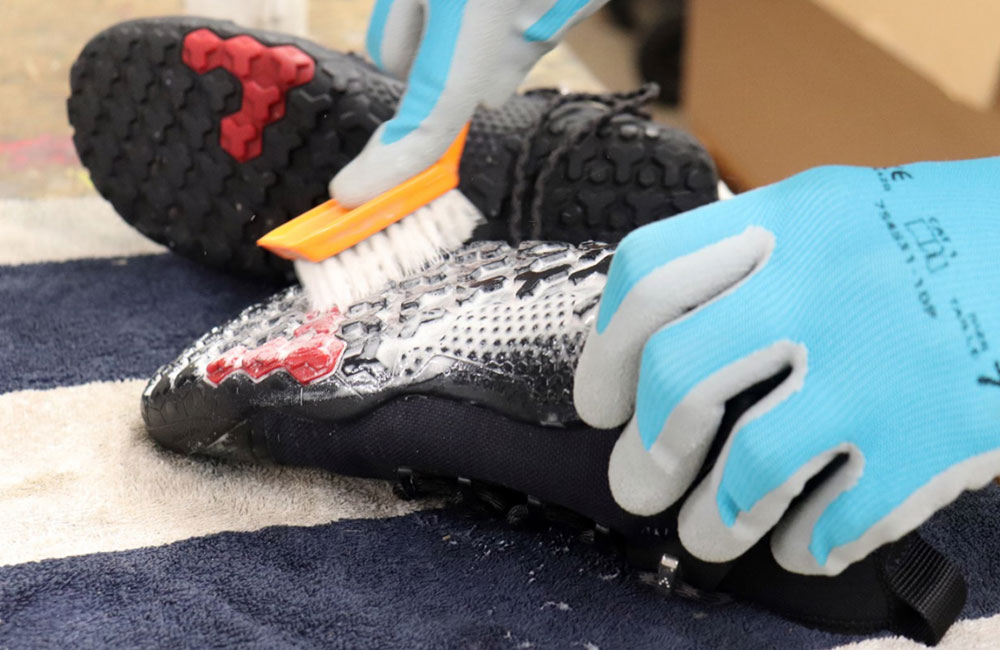
Vivobarefoot will also be launching a new 3D shoe-printing service in 2021.
This will allow consumers to purchase shoes that are made-to-order and bespoke to them; again, reducing the number of shoes that need to be produced.
The brand also currently uses recycled plastic bottles in its Recycled range. This is alongside using bio-based materials such as Susterra Propanediol, a plant-derived, lightweight bio-polymer with incredibly high performance. Plus, algae bloom, which uses harmful algae taken out of the world’s waterways in its Bio range.
Whilst these initiatives showcase the way the company thinks about the environment, it also scored highly on ethical processes.
For instance, support given to a social enterprise factory in Ethiopia that creates shoes for Vivobarefoot’s Soul of Africa range. Workers in the factory receive a fair wage in a country with no set minimum wage. Furthermore, they have the opportunity to learn new life skills at the same time; a model which Clark would like to see rolled out across the industry. The brand also supports small-scale independent farmers in Africa. It uses leather from them, which is a by-product of the meat industry, in its Natural range.
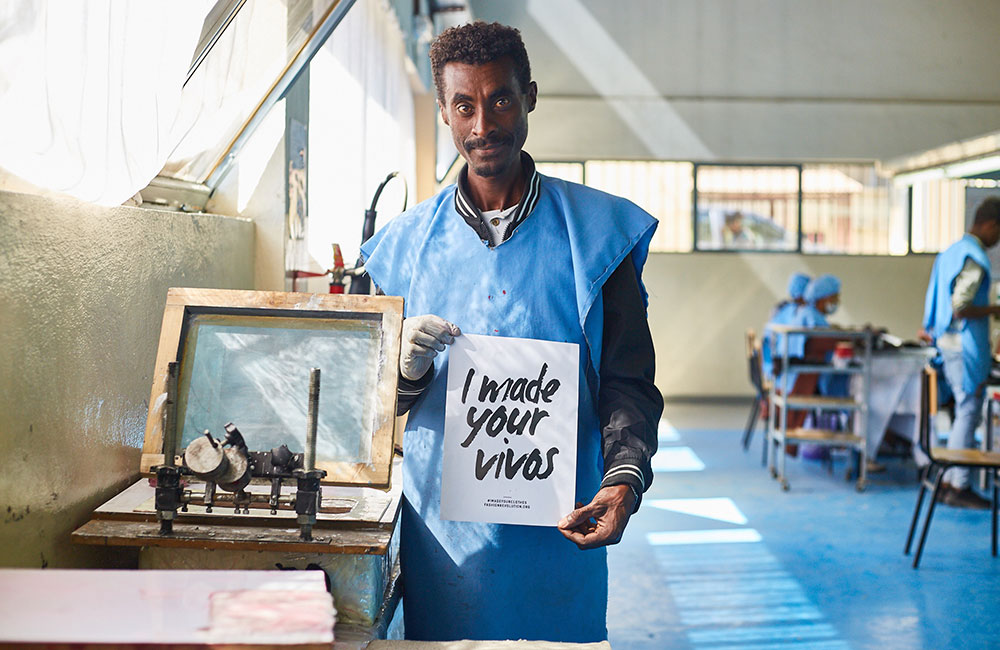
Emma Hamilton-Foster, Vivobarefoot’s Regenerative Sustainability Director, has already overseen a drastic reduction in the number of people in their supply chain. This is in addition to reducing the number of materials in the brand’s footwear. She is now calling for all businesses to reconsider their approach to sustainability.
“Sustainability has become a buzzword and tick box exercise for many brands; a distraction on what genuinely needs to be done to stop us destroying ourselves and our planet. Many brands are also falling into the trap of the great carbon distraction and thinking that this is enough on their part.
“We are calling on people everywhere to stop accepting sustainability greenwashing and start demanding radical action to address the very real problems we know that regenerative leadership can fix.”
For more information on Vivobarefoot, please click here. Click here to visit the brand on Instagram.







